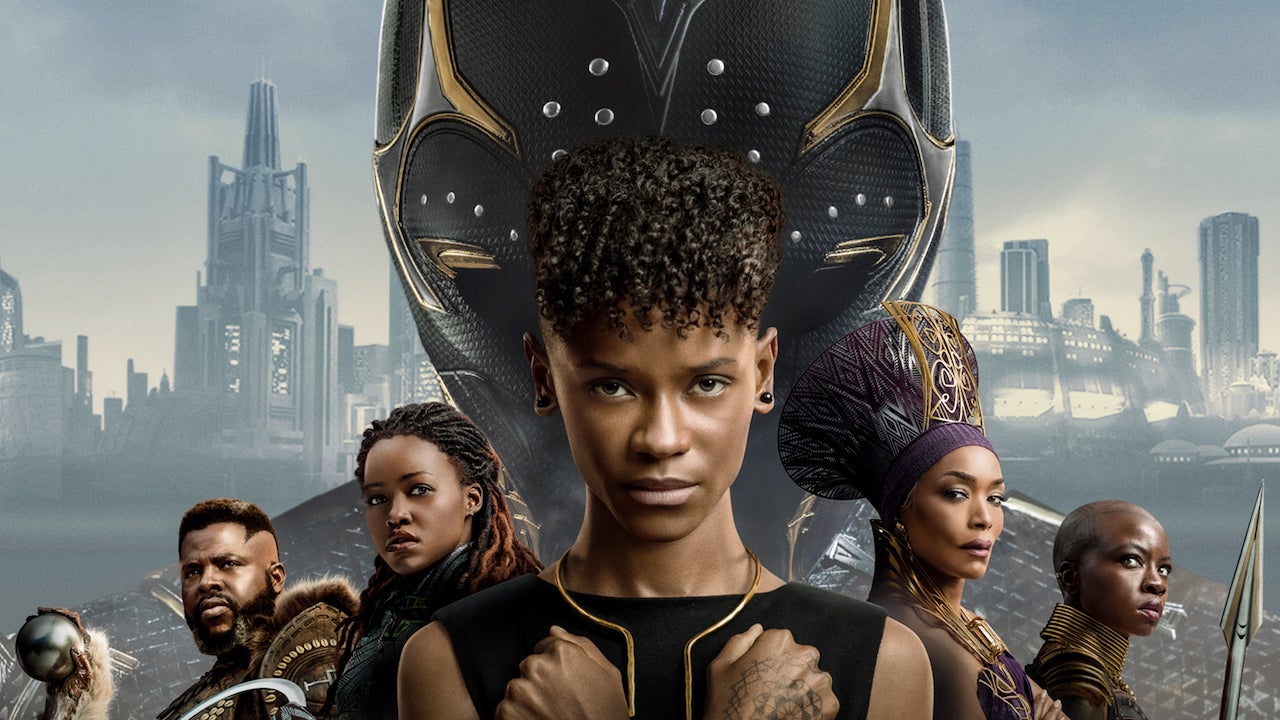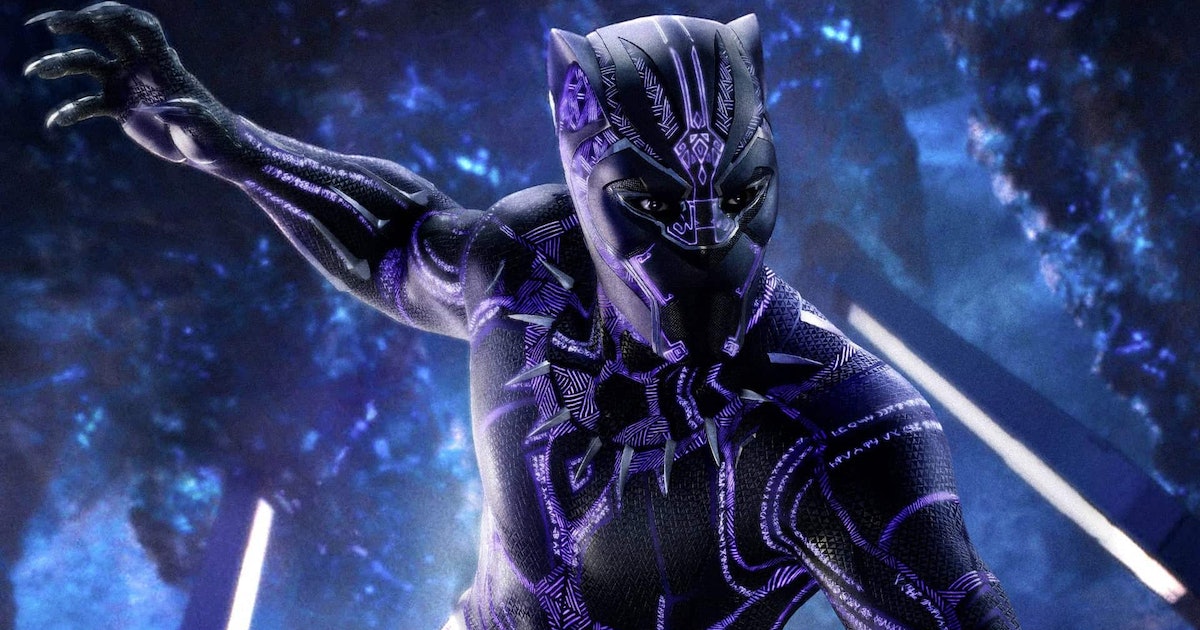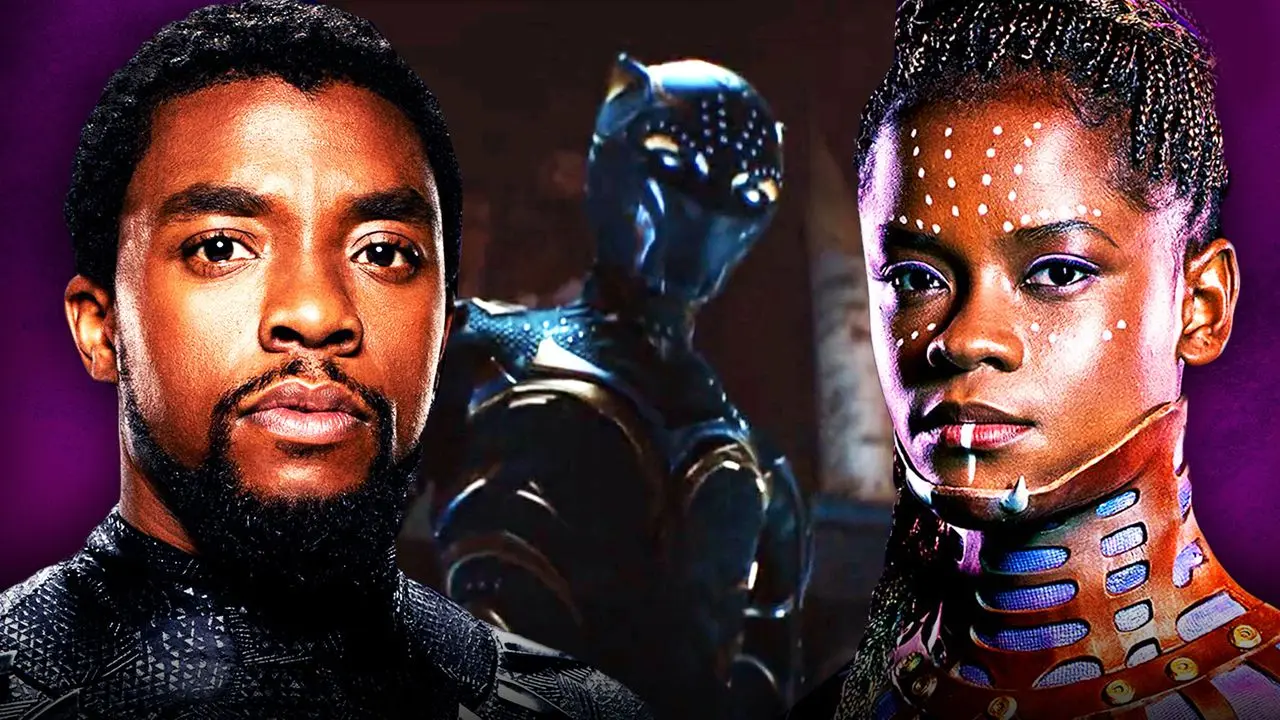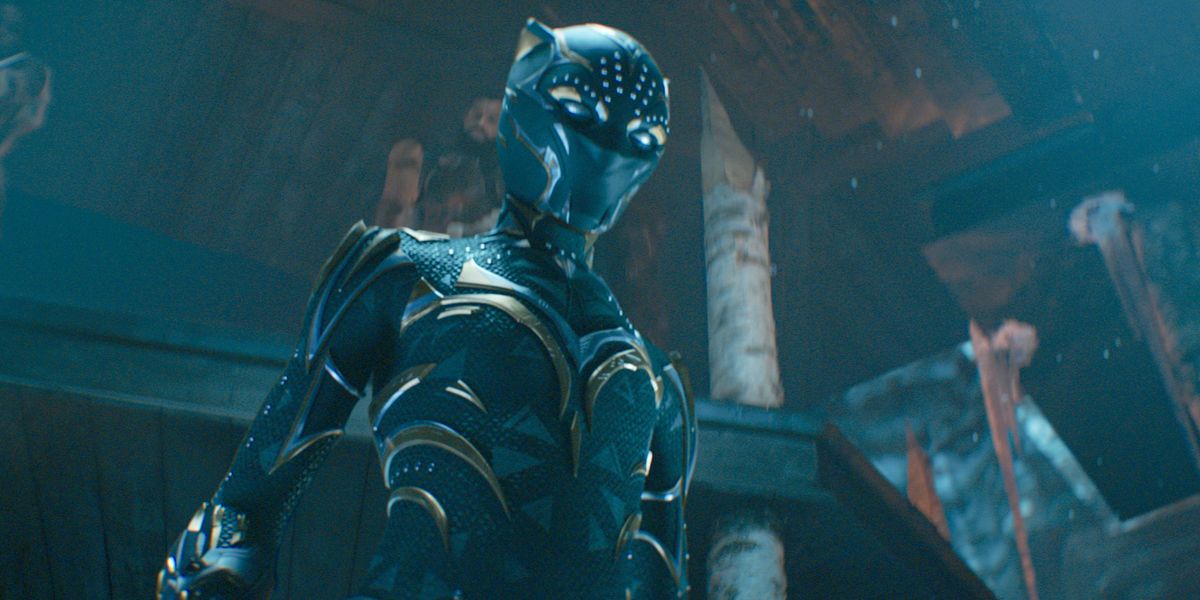“Black Panther” was a landmark moment in Hollywood history, not only for its unprecedented box office success but also for its revolutionary approach to diversity and representation. The film featured a predominantly black cast and crew, with director Ryan Coogler making a conscious effort to include actors and creatives from different backgrounds. This approach paid off, as the film grossed over $1.3 billion at the box office and received widespread critical acclaim for its portrayal of African culture and identity.
The film’s impact went far beyond its financial success, however. “Black Panther” sparked a global cultural phenomenon, inspiring audiences around the world with its celebration of black culture, representation of complex and relatable characters, and bold, innovative storytelling. The film’s themes of identity, heritage, and community resonated deeply with viewers of all ages and backgrounds, inspiring a new generation of fans and creating a lasting impact on popular culture.
Moreover, “Black Panther” demonstrated that diversity in casting and representation can be a profitable business strategy, challenging Hollywood’s traditional assumptions about what audiences want to see on screen. The film’s success paved the way for other diverse films, such as “Crazy Rich Asians” and “Get Out,” to break through in a historically homogeneous industry.
Beyond its impact on the film industry, “Black Panther” also had a profound social and cultural impact, inspiring important conversations about representation and identity. The film’s success highlighted the need for greater diversity and inclusivity in all aspects of the entertainment industry, from casting to storytelling to production. It also provided a powerful example of the importance of telling diverse stories and providing representation for marginalized communities.
In conclusion, “Black Panther” was a groundbreaking film that challenged Hollywood’s traditional norms of casting and representation. The film’s unprecedented box office success and cultural impact demonstrated the power of diverse storytelling, and sparked important conversations about representation, identity, and inclusivity in the entertainment industry. The legacy of “Black Panther” will continue to inspire audiences and creatives for years to come, and serve as a testament to the importance of diversity and representation in modern media.

Diversity in casting: a new era in Hollywood
The impact of “Black Panther” and other recent films such as “Crazy Rich Asians” and “Get Out” has made it clear that audiences are hungry for diverse representation on screen. This has led to a new era in Hollywood, where filmmakers and studios are increasingly recognizing the value of diverse casting and storytelling.
Diverse casting not only provides representation for marginalized communities but also allows for more complex and nuanced storytelling. When actors from different backgrounds are given opportunities to shine, it opens up a whole new world of perspectives and experiences for audiences to explore. It also helps to break down stereotypes and challenge preconceived notions about certain groups of people.
Moreover, diverse casting can lead to greater engagement and a wider audience appeal. By including actors and characters from different backgrounds, filmmakers can tap into new markets and audiences that may have been previously overlooked. This has been particularly evident in the success of recent films such as “Black Panther” and “Crazy Rich Asians,” which have demonstrated that diverse stories can be financially successful as well as critically acclaimed.
However, it is important to note that diversity in casting is just one part of a larger conversation about representation and inclusivity in the entertainment industry. It is not enough to simply cast diverse actors without also providing opportunities for diverse voices and perspectives behind the camera. This includes hiring diverse writers, directors, and producers, and providing support for emerging talent from underrepresented communities.
In conclusion, the success of recent films such as “Black Panther” has demonstrated the power of diverse casting and storytelling in Hollywood. While there is still a long way to go in terms of representation and inclusivity in the industry, the increasing recognition of the value of diversity is a positive step forward. By continuing to push for diverse casting and storytelling, we can create a more inclusive and representative entertainment industry for all audiences.

The importance of representation in film
Representation in film is important because it has the power to shape our perceptions of ourselves and the world around us. When we see characters on screen who look and feel like us, it validates our experiences and helps to foster a sense of belonging and community. On the other hand, when certain groups are consistently underrepresented or misrepresented, it can perpetuate harmful stereotypes and contribute to feelings of marginalization and invisibility.
Moreover, representation in film can also help to promote understanding and empathy between different groups. By exposing audiences to different cultures and experiences, films can broaden our perspectives and challenge our preconceptions. This can be particularly important for groups that have been historically marginalized or misunderstood, as it provides an opportunity to share their stories and promote greater awareness and understanding.
In recent years, there has been a growing demand for greater representation and inclusivity in the entertainment industry, with audiences calling for more diverse casting, storytelling, and behind-the-scenes talent. This push for greater representation is not just a matter of social justice or moral obligation, but also makes good business sense. Studies have shown that films and TV shows with diverse casts and storylines tend to perform better at the box office, indicating that there is a strong market for diverse stories and perspectives.
In conclusion, representation in film is crucial for promoting greater understanding, empathy, and inclusivity in our society. By embracing diversity and challenging traditional norms of casting and storytelling, the entertainment industry can create a more representative and inclusive landscape for all audiences. Films like “Black Panther” and other recent hits have demonstrated the power of diverse representation to create meaningful change and inspire audiences around the world.

The Black Panther Effect
The impact of “Black Panther” on popular culture has been dubbed the “Black Panther Effect,” with many people acknowledging the film’s ability to spark conversations about representation, social justice, and identity. The film’s release was a cultural phenomenon, with fans organizing screenings, cosplay events, and community outreach programs to celebrate the film’s message of empowerment and inclusion.
One of the most notable effects of “Black Panther” was its ability to inspire young people, particularly those from marginalized communities, to pursue their passions and dreams. By providing a positive representation of black culture and identity, the film gave young people a new sense of pride and hope for the future. In interviews, many fans have shared stories of how “Black Panther” changed their lives, with some even pursuing careers in filmmaking and other creative fields as a result of seeing the film.
Additionally, “Black Panther” has spurred a broader conversation about representation in Hollywood, with many people calling for greater diversity and inclusion both on and off screen. The film’s success has demonstrated that audiences are hungry for more diverse stories and perspectives, and that there is a strong market for films that celebrate and represent underrepresented communities.
Overall, the “Black Panther Effect” is a testament to the power of film to inspire and mobilize audiences, and to the importance of diverse representation in promoting greater social change and understanding. As Hollywood continues to grapple with issues of diversity and inclusion, “Black Panther” remains a beacon of hope and a reminder of the transformative power of cinema.
Conclusion
In conclusion, the impact of diversity in casting on the success of “Black Panther” and other films is undeniable. From breaking box office records to creating a more inclusive cinematic landscape, diverse casting and representation are no longer just trends but essential components of modern storytelling. By embracing diverse voices and experiences, the entertainment industry can not only entertain but also inspire and empower audiences around the world.
Thank you for taking the time to read about the impact of diversity in casting on the success of Black Panther and other films. As we continue to push for greater representation in media, it’s important to recognize the positive effects it can have on both the industry and society as a whole.
Let’s continue to support diverse casting and storytelling by exploring the vast world of movies and TV shows for more uplifting stories and valuable life lessons. By doing so, we can contribute to a more inclusive and equitable entertainment landscape, where everyone has the opportunity to see themselves represented on screen.

